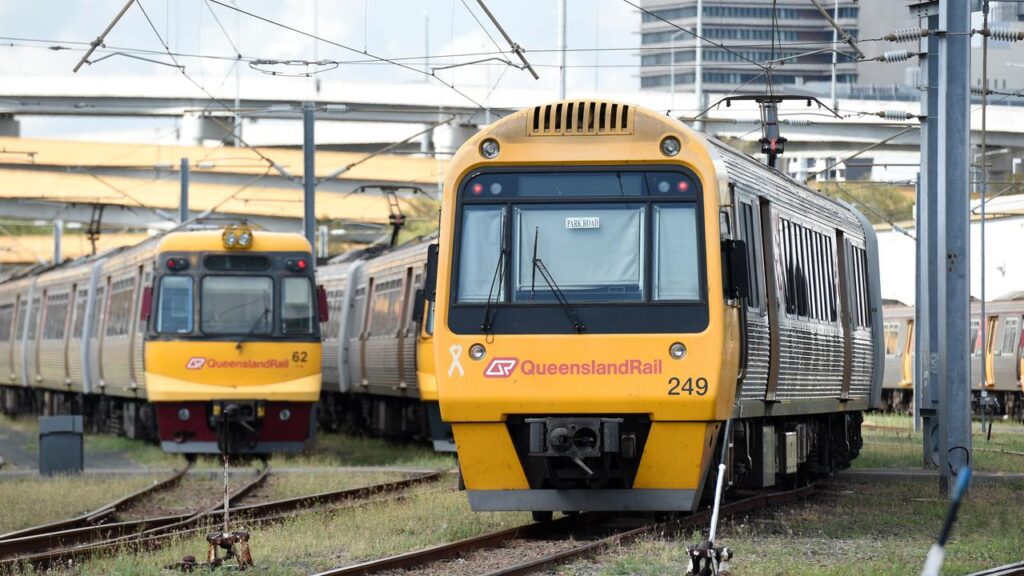Brisbane’s Olympic transport costs fuel funding request
Savannah Meacham |

Transport infrastructure costs climbing into the “billions” have been forecast for the 2032 Brisbane Olympics, prompting a request for more federal funding.
The Queensland government is hopeful of brokering another funding deal with the commonwealth, with Premier David Crisafulli warning transport costs may set back budgets.
The race to the 2032 Games is finally under way after a few false starts, with the long-awaited Olympic venue plan unveiled in March – almost four years after Brisbane was named host city.

The federal government has repeatedly insisted its contribution to the $7.1 billion venue budget is capped, with the commonwealth set to pay about half.
However, the Queensland government said transport was separate and would soon start lobbying the commonwealth for more funds.
“We are going to have to spend billions of dollars on transport infrastructure, and that’s not just for the Games,” Mr Crisafulli told reporters in Bundaberg on Monday.
“That’s for a growing region, and that does involve partnerships with Canberra.”

After a 100-day review, the Queensland government finalised its infrastructure plan headlined by a 63,000-seat main stadium in Brisbane’s Victoria Park.
The blueprint also featured an improved transport network including “The Wave”, a direct rail line running from Beerwah to Birtinya that will link with Sunshine Coast airport through to Maroochydore.
Other transport infrastructure proposed for 2032 included new rail lines and stations in Brisbane and the Coomera connector, an alternate road connection between Brisbane and the Gold Coast.
Mr Crisafulli vowed to negotiate “firmly, but fairly” for the funds to build the necessary transport.
He cited the recent $9 billion agreement for upgrading the state’s main arterial road, the Bruce Highway, with the federal government set to contribute the bulk of the funding.

“(The federal government) are working with us now to deliver the upgrades that the Bruce Highway haven’t had for a generation, and they’re paying 80 per cent of it,” Mr Crisafulli said.
“So they should. It’s a federal road, but we negotiated in good faith.
“I see 2032 as being a deadline that we can work to, but I’m very confident that people will see good partnerships between us and the federal government’s support.”
Queensland has also requested $2.5 billion the federal government set aside for a now-scrapped 2032 project, Brisbane Arena, be reallocated to fund other Olympic venues.
The private sector is instead expected to help foot the bill for the indoor stadium project now called Brisbane Live Arena, set to host Olympic swimming.
AAP